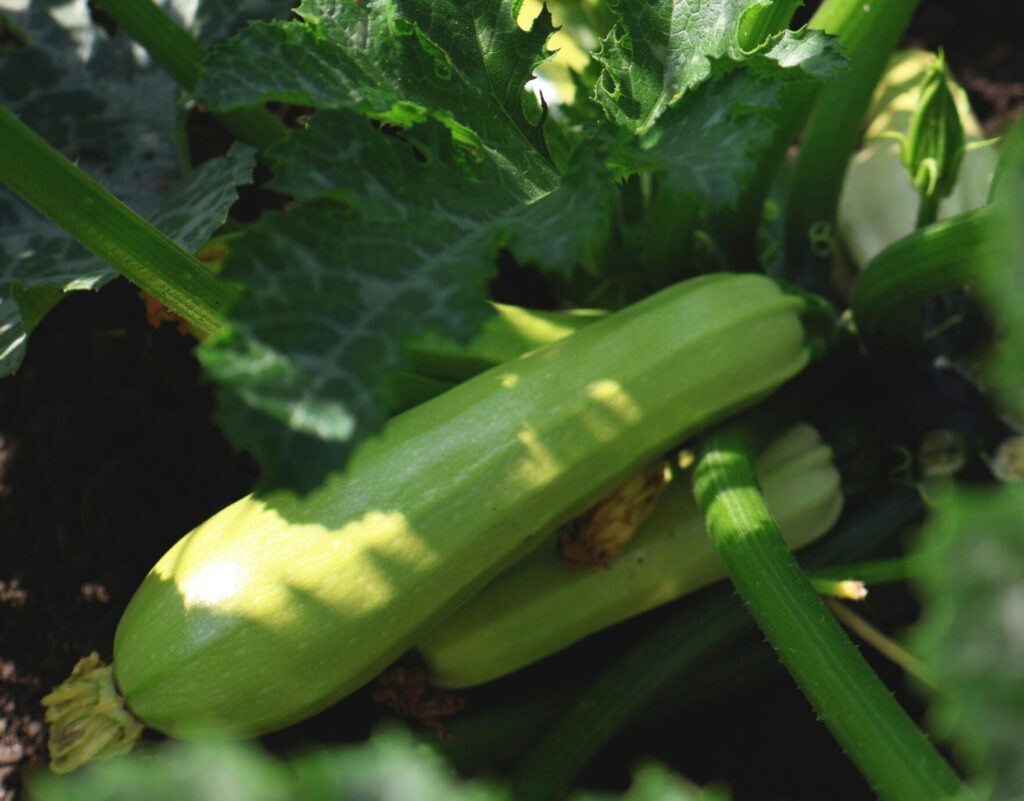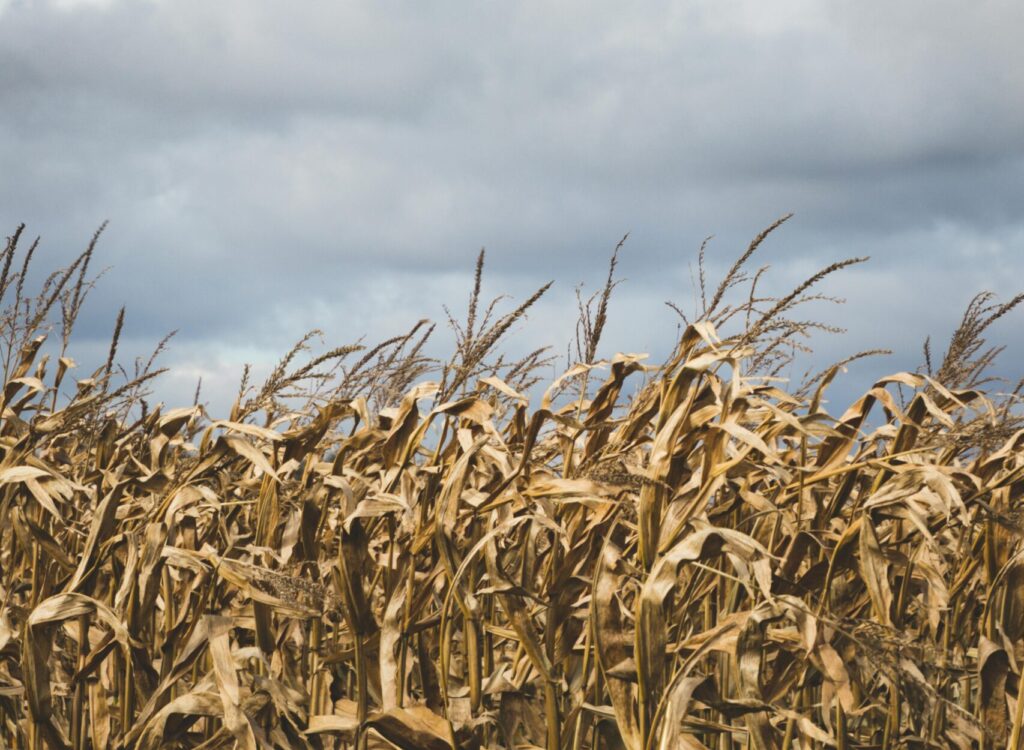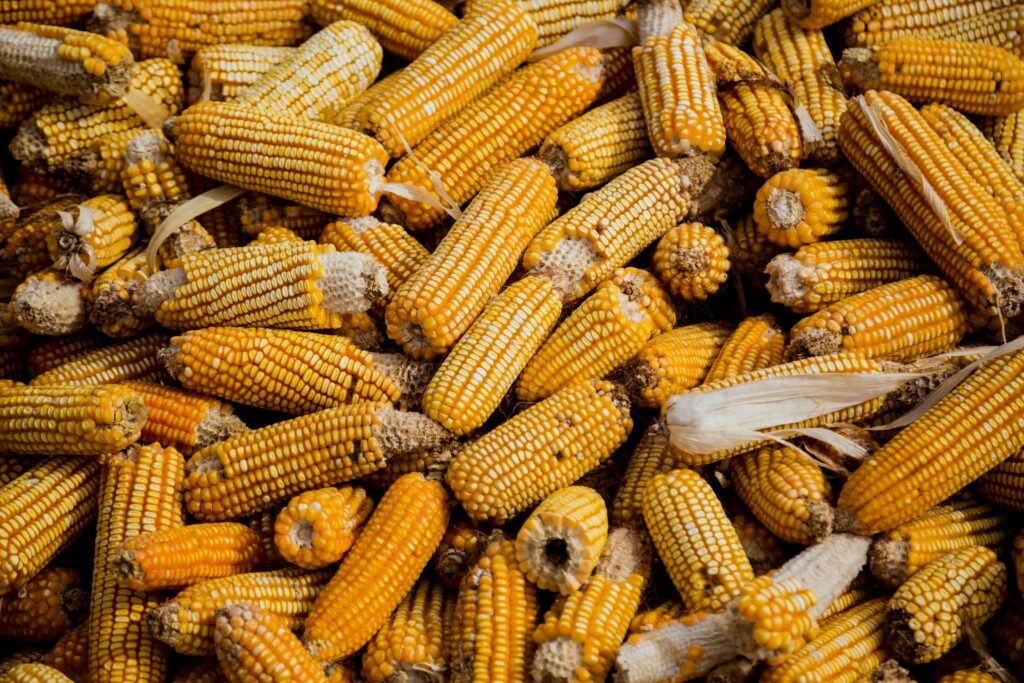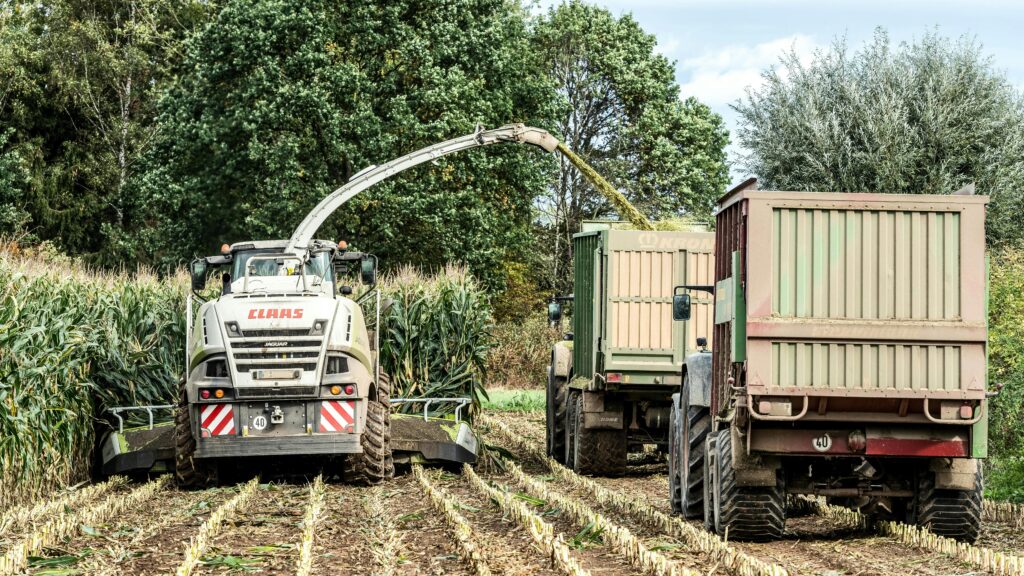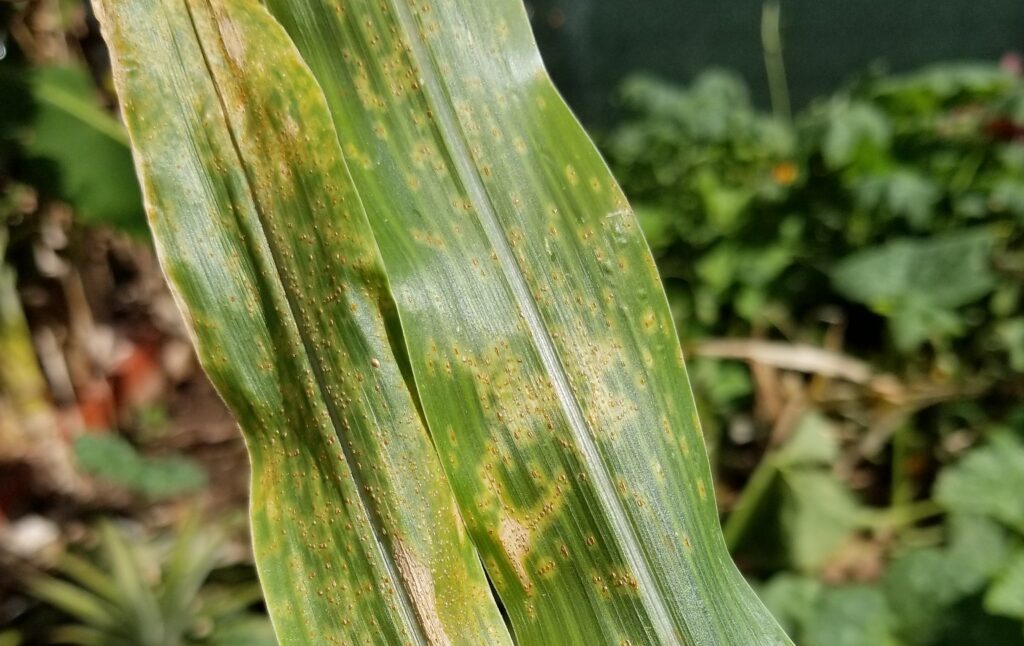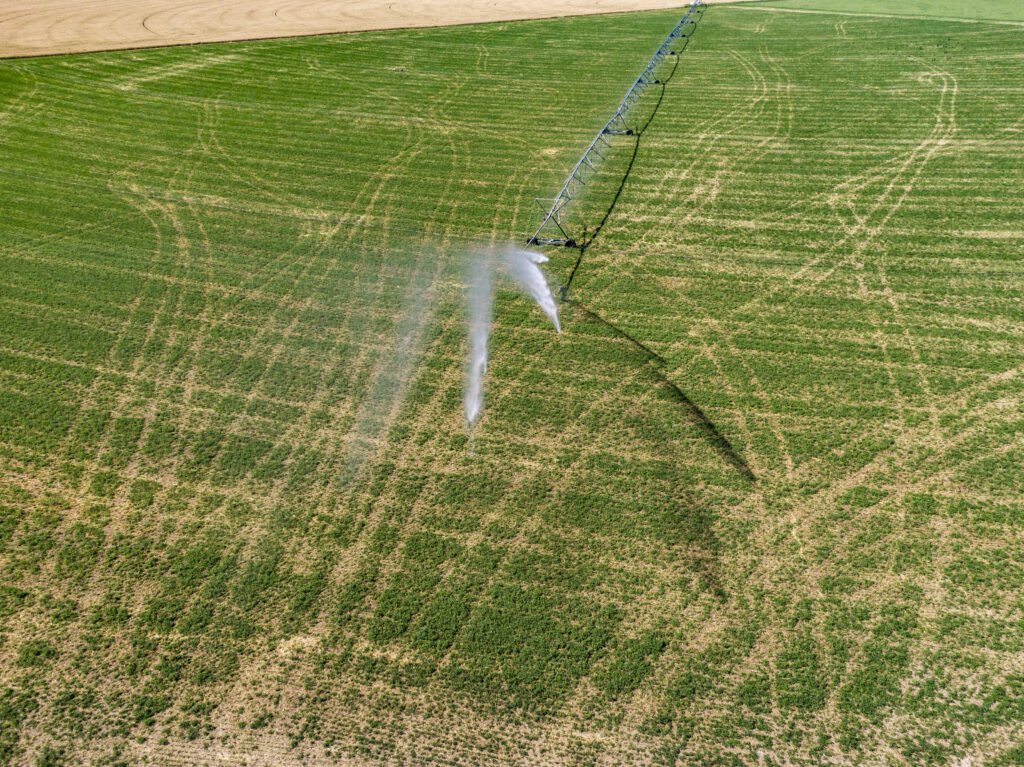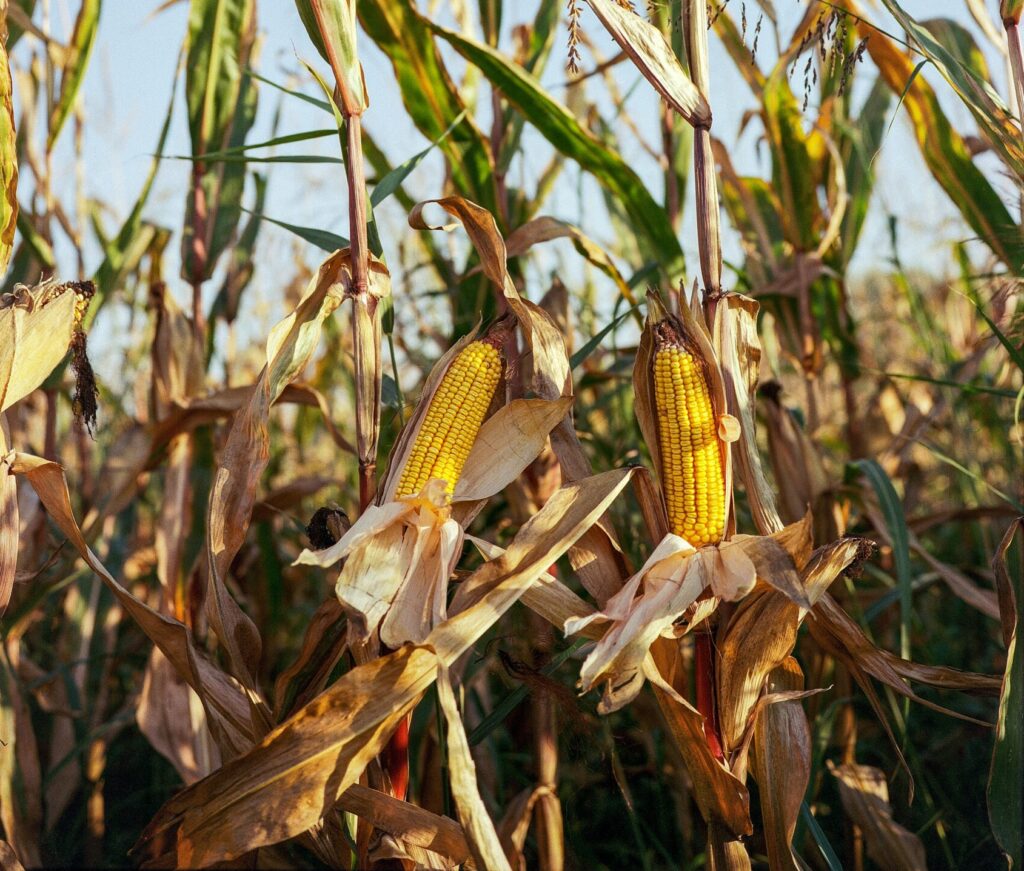With the growing demand for healthy, sustainable, and environmentally friendly food production, organic rice farming has become a popular choice for both farmers and consumers. Organic rice farming avoids the use of synthetic fertilizers, pesticides, and genetically modified organisms (GMOs). Instead, it relies on natural methods to maintain soil fertility, control pests, and produce high-quality rice. This article explores the key techniques used in organic rice farming and the benefits of this eco-friendly approach.
Techniques in Organic Rice Farming
Organic rice farming involves several unique techniques that focus on environmental sustainability and maintaining biodiversity. Here are some key practices:
a) Crop Rotation and Intercropping
- Description: Crop rotation involves planting different crops in successive seasons to prevent soil depletion and reduce the risk of pest infestations. Intercropping, on the other hand, means growing rice alongside other compatible crops, such as legumes, to enrich the soil with nitrogen and deter pests.
- Benefits: These practices improve soil health, reduce the need for chemical fertilizers, and maintain soil structure.
b) Use of Organic Fertilizers
- Description: Organic fertilizers, such as compost, green manure, and animal manure, are essential in organic rice farming. These natural fertilizers increase soil organic matter, enhance soil fertility, and promote plant growth without harmful chemicals.
- Benefits: Organic fertilizers contribute to long-term soil health, improving the rice plant’s resilience to environmental stresses.
c) Natural Pest Management
- Description: Organic rice farming employs integrated pest management (IPM) strategies to control pests. This includes introducing beneficial insects, using natural predators like ducks to eat harmful insects, and planting trap crops that attract pests away from the rice plants.
- Benefits: IPM reduces reliance on synthetic pesticides, which can harm beneficial organisms and disrupt ecosystems.
d) Water Management Techniques
- Description: Organic rice farming uses efficient water management techniques like alternate wetting and drying (AWD) to minimize water usage while maintaining crop yield. This method allows the field to dry out between irrigations, reducing methane emissions and conserving water.
- Benefits: Water conservation is crucial for environmental sustainability, especially in regions facing water scarcity.
e) Use of Resistant Varieties
- Description: Organic farmers often select rice varieties that are naturally resistant to diseases and pests, reducing the need for chemical treatments.
- Benefits: Planting resistant varieties promotes healthier crops with lower maintenance requirements, contributing to more sustainable farming.
Benefits of Organic Rice Farming
Organic rice farming offers numerous benefits for the environment, consumers, and farmers. Below are some of the key advantages:
a) Environmental Benefits
- Reduced Chemical Pollution: Organic farming eliminates the use of synthetic chemicals, reducing soil and water contamination.
- Biodiversity Conservation: Natural pest control methods and crop rotation help maintain ecological balance and protect local wildlife.
- Lower Greenhouse Gas Emissions: Organic farming techniques, such as AWD and the use of organic fertilizers, help reduce greenhouse gas emissions, especially methane.
b) Health Benefits
- Chemical-Free Products: Organic rice is free from harmful pesticide residues, making it a healthier option for consumers.
- Nutrient-Rich Rice: Organic farming practices often lead to rice that is more nutritious and rich in essential minerals, contributing to a healthier diet.
c) Economic Benefits for Farmers
- Higher Market Prices: Organic rice often commands higher prices in the market due to its premium quality and consumer demand for organic products.
- Sustainable Farming Practices: Organic farming techniques promote soil health and long-term sustainability, reducing input costs and improving farm productivity over time.
d) Social and Community Benefits
- Better Working Conditions: Organic farming reduces the exposure of farm workers to harmful chemicals, improving their health and safety.
- Support for Local Economies: Organic farming can contribute to the growth of local economies, as it often involves small-scale and family-owned farms that prioritize community well-being.
Organic rice farming is a sustainable and eco-friendly approach to rice cultivation that offers significant benefits for the environment, consumers, and farmers. By utilizing natural techniques such as organic fertilization, integrated pest management, and efficient water usage, farmers can grow rice in harmony with nature while meeting the rising demand for healthier, chemical-free food. As the world continues to shift towards sustainable agriculture, organic rice farming is becoming an important practice for ensuring food security and environmental preservation.







